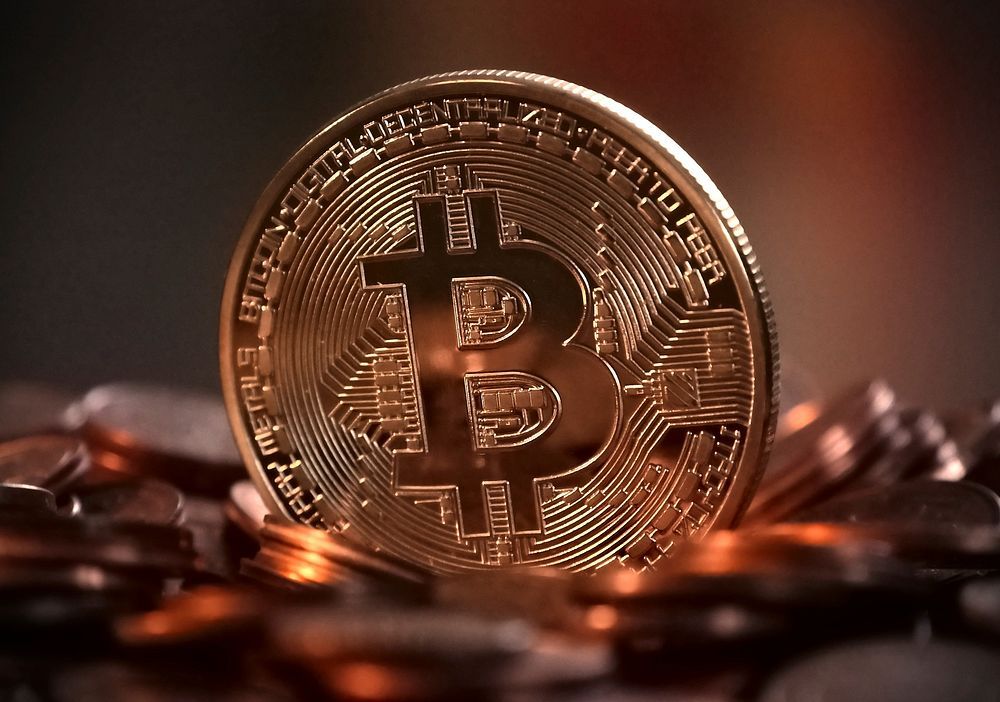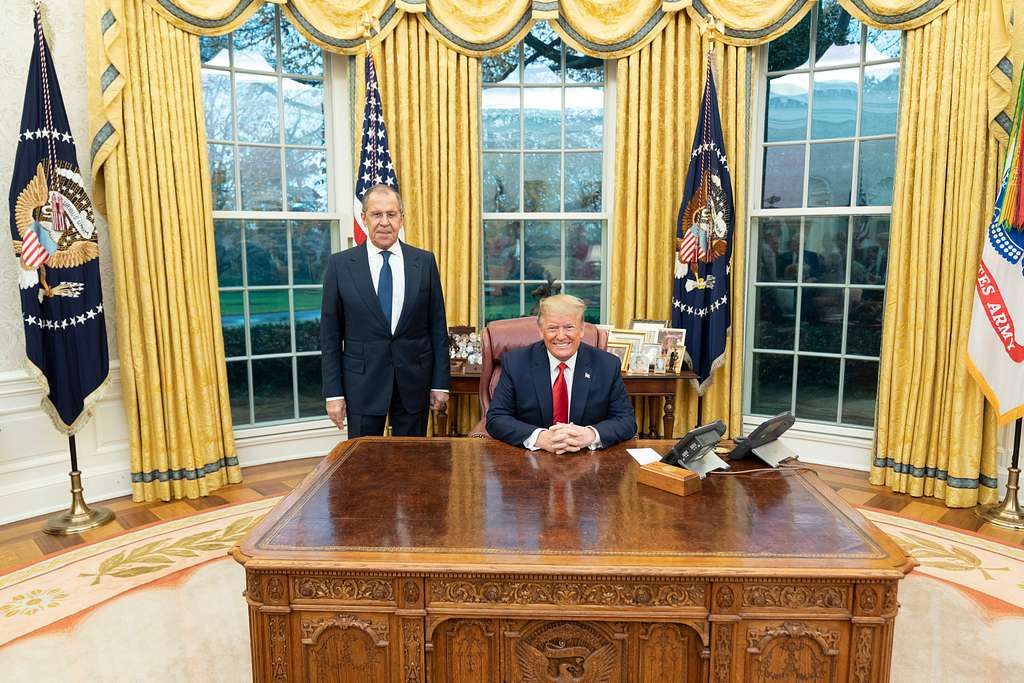Bomb Threat on Akasa Airlines Flight in Gorakhpur Sparks Emergency

Anoop Singh
A bomb threat received on Akasa Airlines flight QP1881, traveling from Bengaluru to Delhi via Gorakhpur, triggered an emergency response at Gorakhpur Airport. Following a threatening message on social media, authorities immediately activated an emergency protocol. Prior to landing, the Bomb Threat Assessment Committee held a virtual meeting to assess the situation and coordinate the necessary response.
Upon the flight’s arrival, police, Indian Air Force, bomb detection and disposal squads, the fire brigade, medical teams, and senior officials were on the scene to evacuate passengers safely. Despite thorough checks, no suspicious items were found, and after completing all security procedures, the flight continued on its route to Delhi.
In response to such incidents, the central government has issued strict guidelines to social media platforms, aiming to curb the spread of misinformation that can endanger public safety and national security. The advisory includes six critical measures:
1. Responsibility to Prevent False Threats and Misinformation
The government emphasized that social media platforms are responsible for stopping the spread of false information, such as bomb threats, which not only threaten security but also cause public panic.
2. Urgent Action Requirement on Threats
Under the Indian Citizen Safety Code, 2023 (BNSS) and IT Rules, 2021, social media platforms must remove content that threatens national security or economic stability within a specified deadline.
3. 72-Hour Timeline for Cooperation in Investigations
The advisory directs social media platforms to provide required information to authorized government and cybersecurity agencies within 72 hours to support rapid and accurate investigations.
4. Measures to Prevent Users from Spreading False Information
Platforms are expected to educate their users and make efforts to prevent the sharing of any misleading or harmful information.
5. Warning of Immunity Removal
Social media platforms that fail to control the spread of false information will lose immunity under Section 79 of the IT Act.
6. Legal Consequences for Non-Compliance
Platforms that do not fulfill these responsibilities may face legal action under the IT Act and BNSS (Indian Judicial Code, 2023).
This move by the central government aims to hold social media platforms accountable for controlling the spread of false information, ensuring the safety and security of the nation.








